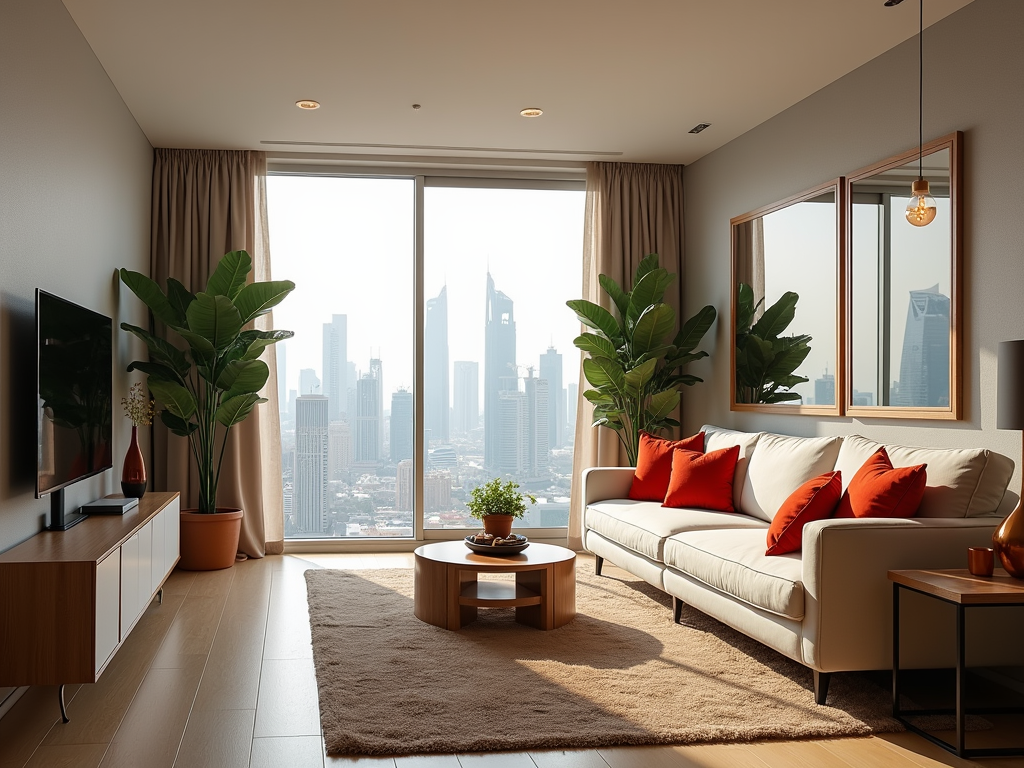Renting a property in Dubai can be an exciting yet overwhelming experience, especially for newcomers. Before diving into the rental market, it is vital to familiarize yourself with the local laws, types of properties available, rental procedures, and essential considerations. This article will provide you with critical insights and tips to ensure a seamless rental experience, helping you navigate the complexities of Dubai’s property market.
Understanding the Rental Market in Dubai

Dubai’s rental market is dynamic and diverse, offering options that cater to various lifestyles and budgets. From luxurious villas in upscale neighborhoods to affordable apartments in bustling districts, understanding the landscape is crucial. Here are a few key points about the rental market:
- High Demand: With a growing population and influx of expatriates, demand for rental properties often exceeds supply, especially in popular areas.
- Peak Seasons: Rental prices may fluctuate based on seasonal trends, typically peaking during the summer months, making timing essential for negotiable prices.
- Property Types: Residents can choose from apartments, villas, townhouses, and serviced apartments across different areas of Dubai, each offering unique amenities.
- Legal Framework: The Real Estate Regulatory Agency (RERA) regulates the Dubai property market, ensuring transparency and protecting tenants’ rights.
Key Considerations Before Signing a Lease
Before committing to a rental agreement, it’s essential to consider several factors that may impact your living situation. Take the time to evaluate these considerations to make an informed decision:
- Budget: Determine a realistic budget that includes not only rent but also utilities, maintenance fees, and possible agency charges.
- Location: Research neighborhoods to find one that fits your lifestyle—think about proximity to work, schools, and amenities like supermarkets and healthcare.
- Lease Length: Understand the terms of the lease, including duration, renewal terms, and conditions for termination.
- Furnishing Conditions: Know whether the property is furnished, semi-furnished, or unfurnished and what additional costs this might imply.
Renting a property in Dubai involves several steps that are relatively straightforward but require attention to detail. Following this process can prevent potential pitfalls:
- Research: Use online platforms to research available properties that meet your criteria. Websites like Bayut and Property Finder are popular options.
- Viewings: Schedule property viewings to assess the condition and suitability of the space. Inquire about maintenance and any existing issues during your visit.
- Choose a Real Estate Agent: Engaging a reputable real estate agent can simplify the process and provide expert insights and negotiation power.
- Documentation: Prepare the necessary documents such as your passport, residency visa, and proof of income or employment to expedite the lease approval process.
- Signing the Lease: Once you’re satisfied with a property, carefully read and understand the lease agreement before signing to ensure mutual understanding of terms.
Legal Rights and Responsibilities as a Tenant
Understanding your rights and responsibilities as a tenant is crucial when renting a property in Dubai. Familiarize yourself with the legal framework regulating tenant-landlord relationships:
- Notice Period: Typically, a notice period of 90 days is required if you plan to vacate the property.
- Security Deposit: Most landlords will request a security deposit, usually equivalent to five percent of the annual rent for unfurnished properties and ten percent for furnished ones.
- Annual Rent Increase: RERA has guidelines on permissible annual rent increases, usually capped at a certain percentage.
- Repairs and Maintenance: Landlords are generally responsible for property’s maintenance, while tenants must maintain cleanliness and avoid property damage.
- Eviction Rights: A landlord must provide valid reasons for eviction, following the prescribed legal processes.
Conclusion
Renting a property in Dubai can be a rewarding endeavor when you are well-informed about the market, understand the rental procedures, and are aware of your rights and responsibilities as a tenant. Thorough research, careful budgeting, and consultation with real estate professionals can help you find the perfect home in this vibrant city. By preparing adequately, you can enjoy a smooth rental experience and settle into your new Dubai lifestyle with ease.
Frequently Asked Questions
1. What is the typical length of a lease in Dubai?
The most common lease length in Dubai is one year, although shorter lease terms may be negotiated depending on the property and circumstances.
2. Are there any additional fees when renting a property in Dubai?
Yes, in addition to rent, you may encounter additional fees such as agency fees, maintenance fees, and utility charges that you should budget for.
3. Can I negotiate the rent price with the landlord?
Yes, rent prices in Dubai can often be negotiated, particularly in less competitive housing markets or if you plan to sign a longer lease.
4. What documents do I need to rent a property in Dubai?
You typically need your passport, residency visa, recent salary slips or proof of employment, and, in some cases, bank statements.
5. Is it necessary to use a real estate agent in Dubai?
While it’s not strictly necessary, using a real estate agent can simplify the rental process, as they provide local knowledge and negotiation support.



